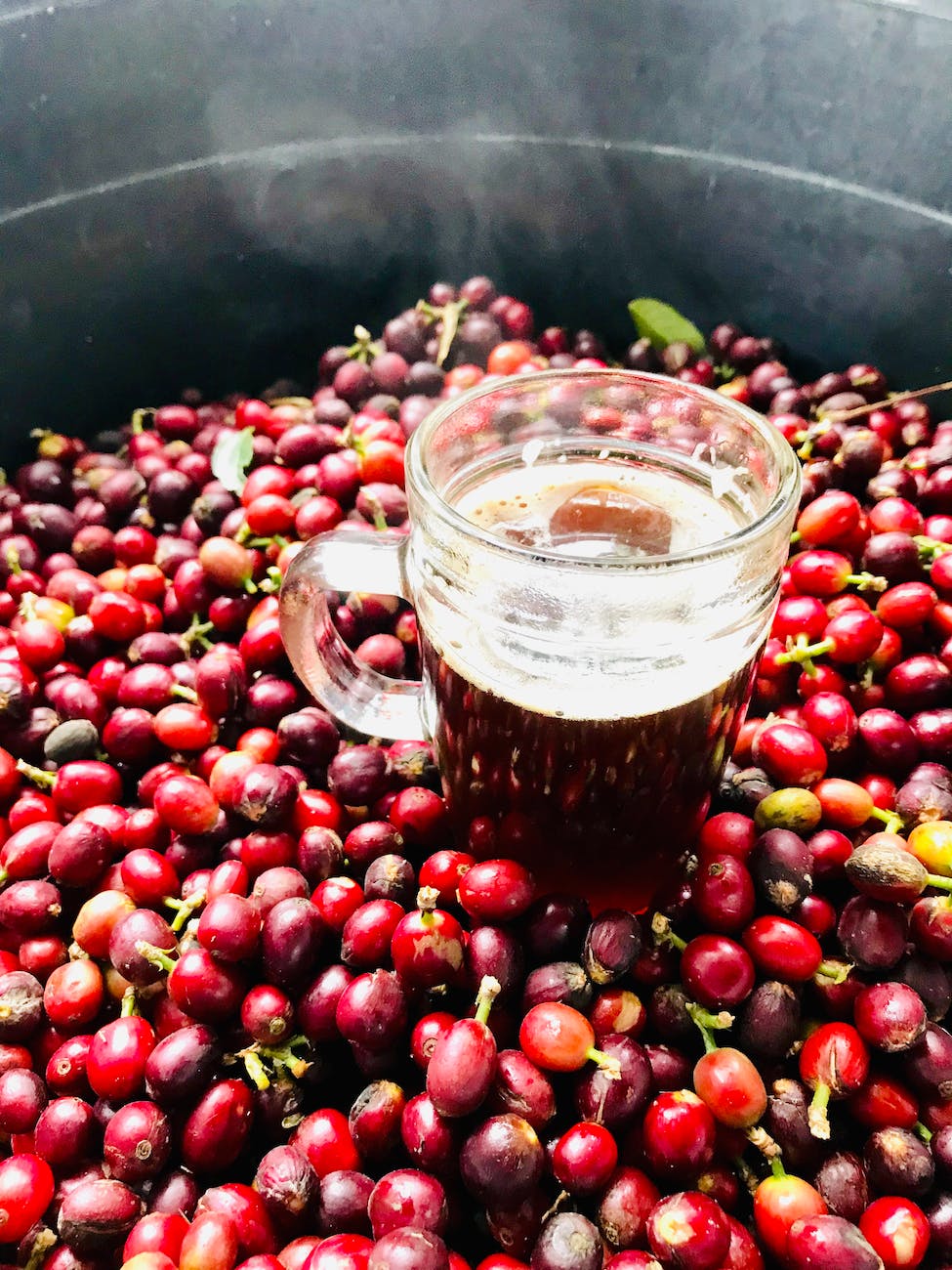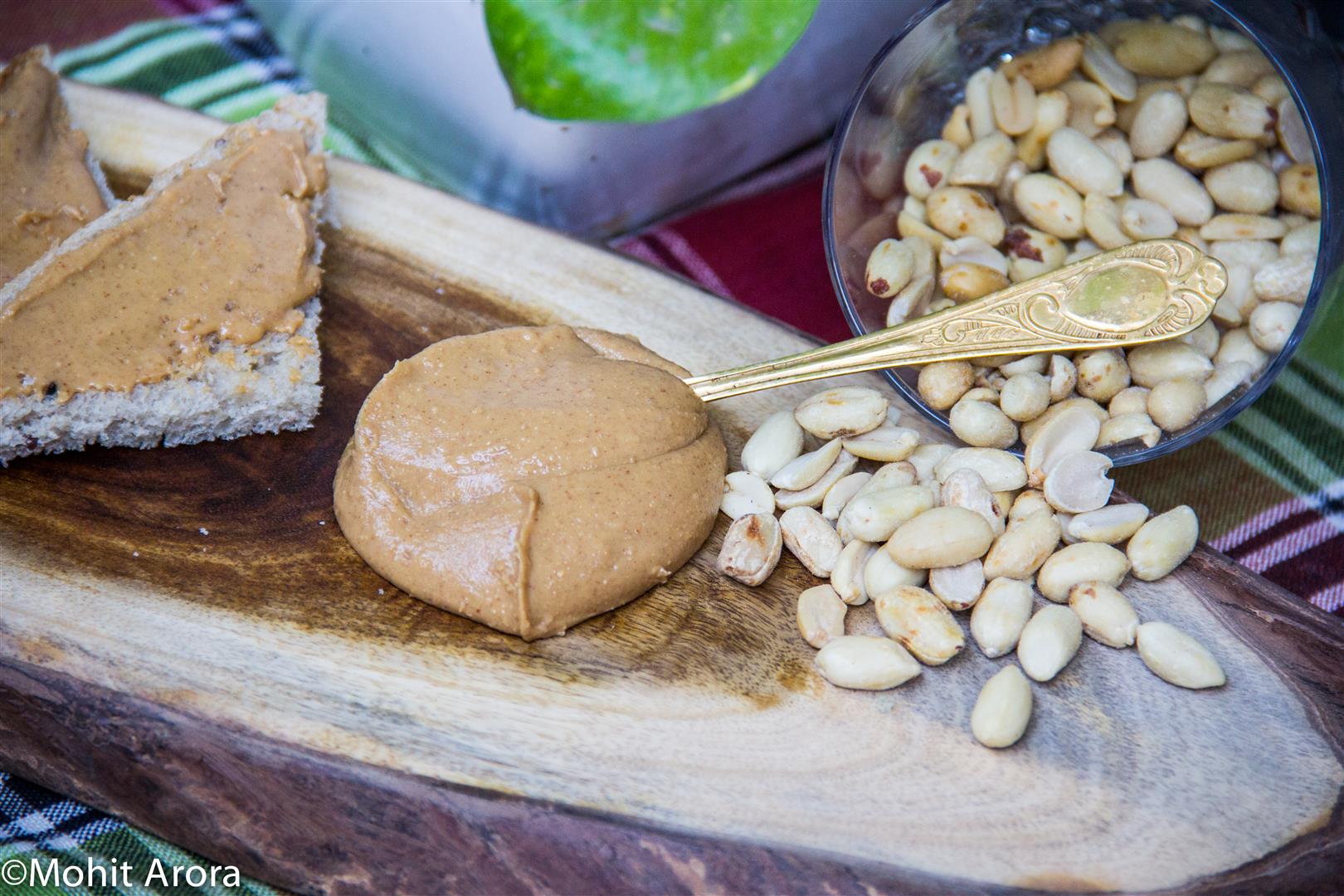
Introduction:
In the modern age of health-conscious consumers and the quest for sugar alternatives, two sweeteners have risen to prominence: Stevia, a natural derivative, and Aspartame, a man-made concoction. This article dives deep into the intricacies of these two, exploring their origins, commercial applications, and health implications.
Origins and Production:
Stevia Sweetener:
Stevia originates from the Stevia rebaudiana plant, native to South America. For centuries, indigenous populations have used its leaves for their sweet properties. Modern production involves extracting the sweet compounds, steviol glycosides, from these leaves, resulting in a calorie-free sweetener.
Aspartame:
Developed in the 1960s, Aspartame is a synthetic sweetener. It’s a combination of two amino acids: aspartic acid and phenylalanine. Its discovery was accidental, but its sweetness was unmistakable, leading to its widespread commercial use.
Commercial Products and Brands:
Stevia Sweetener:
Stevia, being a natural sweetener, has been embraced by many brands, especially those promoting organic and natural products. It’s found in beverages, baked goods, and even certain candies.
- Drinks: Some beverage companies have introduced Stevia-sweetened drinks, offering a natural alternative to traditional sodas. Brands like Zevia produce sodas sweetened exclusively with Stevia.
- Yogurts: While not as widespread, some organic yogurt brands use Stevia as a sweetening agent. The reason it’s not more commonly used might be due to the distinct aftertaste Stevia can sometimes have, which can alter the expected flavor profile of yogurts.
Aspartame:
Aspartame’s zero-calorie promise has made it a favorite among diet product manufacturers.
- Diet Sodas: Brands like Diet Coke and Diet Pepsi have long used Aspartame to deliver sweetness without the calories.
- Gums and Candies: Sugar-free gums, such as Orbit and Trident, often contain Aspartame.
- Yogurts: Light or diet yogurts, aiming for reduced sugar content, might use Aspartame as a sweetener.
Health Implications and Controversies:
Stevia Sweetener:
Stevia, being plant-derived, is often perceived as a healthier alternative. It doesn’t spike blood sugar levels, making it a favorite among diabetics. Some studies even suggest Stevia might have health benefits beyond sweetness, such as anti-inflammatory properties. However, its distinct aftertaste can be off-putting to some.
Aspartame:
Aspartame’s journey has been riddled with controversies. Early studies linked it to various health issues, from headaches to more severe claims. However, extensive research and reviews by reputable health organizations have generally deemed it safe. One notable exception is for individuals with phenylketonuria (PKU), a rare condition; they should avoid Aspartame due to their inability to metabolize phenylalanine.
Taste and Culinary Applications:
Stevia Sweetener:
Stevia provides sweetness with a potential licorice-like aftertaste. Its heat stability makes it suitable for cooking and baking, though the unique aftertaste can influence the final flavor of dishes.
Aspartame:
Aspartame offers a clean, sweet taste, closely resembling sugar. However, it loses its sweetness when exposed to high heat, making it less suitable for cooking.
FAQs:
- What is the primary source of Stevia?
- Stevia is derived from the leaves of the Stevia rebaudiana plant, which is native to South America.
- How was Aspartame discovered?
- Aspartame was accidentally discovered in the 1960s when a chemist was working on an anti-ulcer drug and stumbled upon its sweet taste.
- Are there any beverages that use Stevia as a sweetener?
- Yes, brands like Zevia produce sodas that are sweetened exclusively with Stevia, offering a natural alternative to traditional sodas.
- Why might some yogurts avoid using Stevia?
- Some yogurts might avoid Stevia due to its distinct aftertaste, which can alter the expected flavor profile of the yogurt.
- Are there health concerns associated with Aspartame?
- While early studies raised concerns about Aspartame’s safety, extensive research and reviews by reputable health organizations have generally deemed it safe. However, it’s not recommended for individuals with phenylketonuria (PKU).
- How does the sweetness of Stevia compare to sugar?
- Stevia is often many times sweeter than sugar, but it can come with a distinct, sometimes licorice-like aftertaste.
- Is Aspartame suitable for baking?
- Aspartame can lose its sweetness when exposed to high heat, making it less ideal for some baking applications.
- Which is considered healthier: Stevia or Aspartame?
- Stevia, being a natural derivative, is often perceived as a healthier option. However, both sweeteners have been deemed safe for consumption by health organizations, with specific exceptions like those with PKU for Aspartame.
Conclusion:
The debate between Stevia and Aspartame is multifaceted, encompassing health, taste, and environmental considerations. While Stevia offers a natural alternative with potential health benefits, Aspartame provides a closer mimicry to sugar’s taste. The choice between them often boils down to individual preferences and specific applications. As consumers, staying informed and understanding the nuances of what we consume is paramount.
Blog Tags:
Stevia, Aspartame, Natural Sweeteners, Artificial Sweeteners, Sugar Alternatives, Diet Sodas, Health and Wellness, Food and Beverage, Sugar-free Products, Dietary Choices, Stevia rebaudiana, Phenylketonuria, Zevia, Diet Coke, Nutritional Insights.













